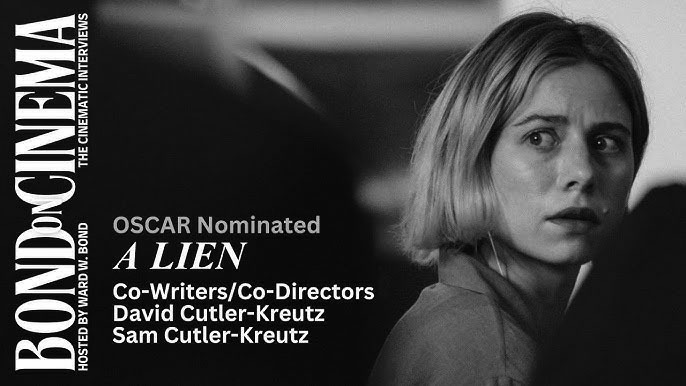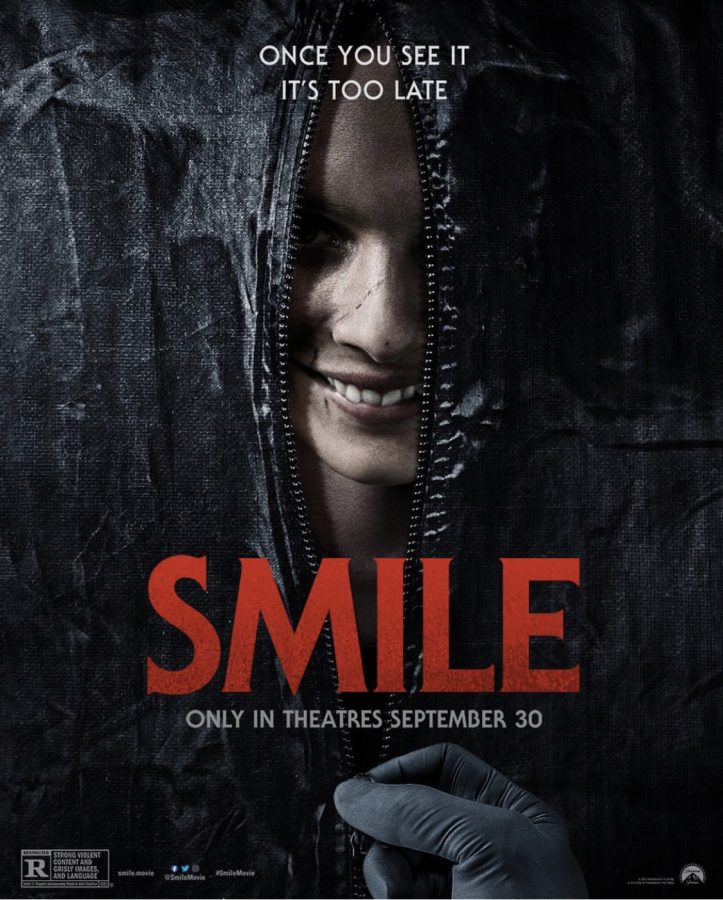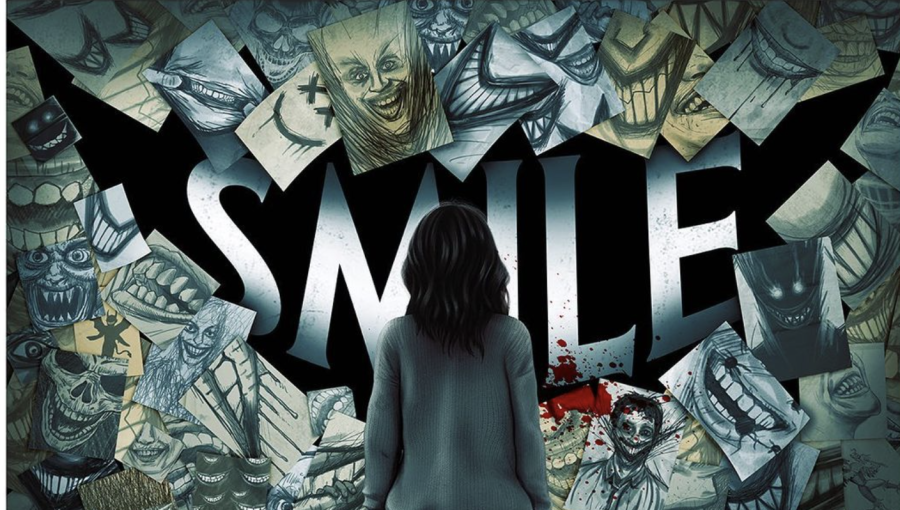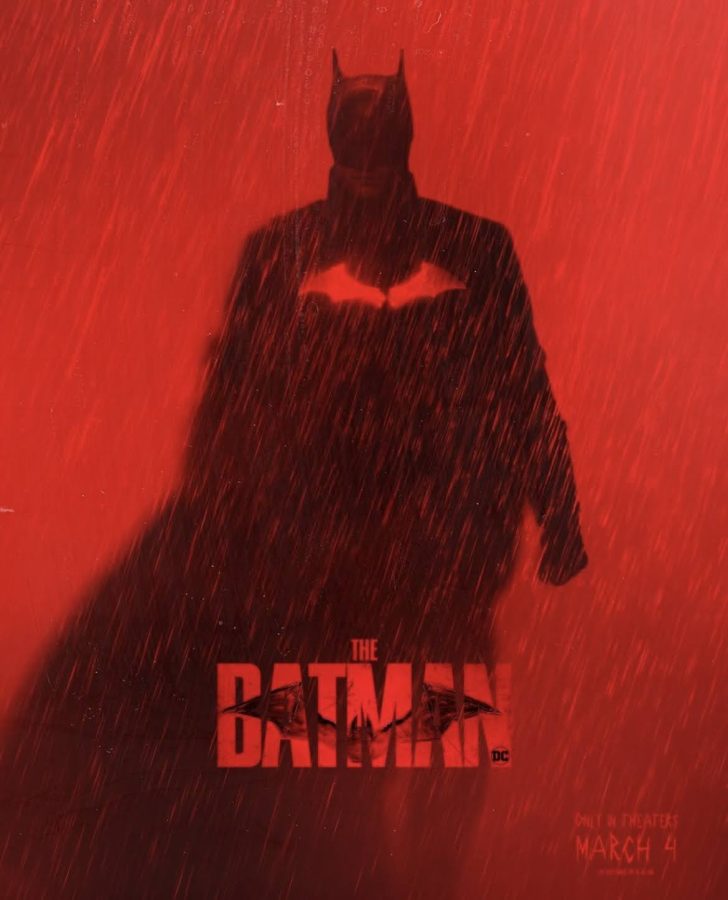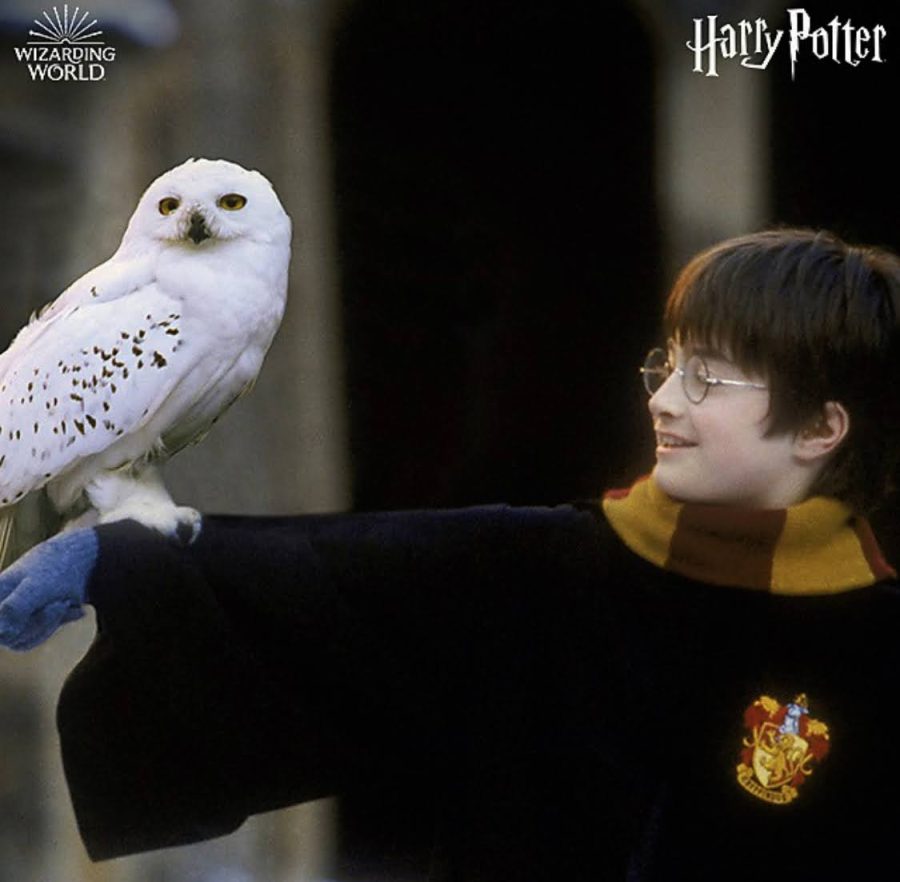No single life has influenced today more than British mathematician Alan Turing. Having developed a codebreaker machine during World War II, his invention heavily contributed to the Allies winning the war. His unique code led to the creation of Turing machines, which later evolved to become modern day computers.

Yet beyond the man’s inventions was a scandal that reflects how far Western society has come. A secret war hero, Turing was prosecuted for homosexual acts in the 1950s and was forced to take regular chemical injections as a form of castration. After two years of treatment, Turing committed suicide at the age of 41. With a rich life story such as that, it is no wonder that Hollywood would churn out a movie about his life story.
The Imitation Game, the movie adaptation, was released over winter break, and from the moment it was released it has been getting a ton of Oscar buzz. Without a doubt, The Imitation Game is a very good film. But how good is it?
The best thing about it is definitely the performances. Benedict Cumberbatch, known from the TV show Sherlock and voicing the dragon Smaug in The Hobbit, does an excellent job portraying the anti-social yet genius man that Turing was. However, his portrayal hits many of the same notes as his interpretation of Sherlock Holmes. Not that he gives a bad performance, but it is not entirely distinct from Cumberbatch’s acclaimed role in Sherlock. Perhaps Cumberbatch is not as versatile as many claim, yet nonetheless his portrayal of Turing is enjoyable if not totally new.
The Imitation Game also establishes the time period very well. Being a period piece, the sets are very nicely furnished and do not appear to be cheaply constructed.
Kierra Knightley plays Joan Clark, the sole female on his team to build the code cracking machine. Knightley holds her own as Joan Clarke, being Alan’s guiding voice that keeps him in touch with reality.
The rest of Turing’s team does a fine job, with no one being particularly bad or good. The screenplay is understandable, yet often predictable. That can be forgiven though, as the story is entertaining and thoughtful.
Also very good is the score by Alexandre Desplat, also known for composing the scores to Philomena and Godzilla.
Overall, The Imitation Game is a very good movie despite it occasionally simplifying things for the sake of the lowest common denominator. What could have turned Turing into a martyr with regards to his prosecution and nature of his death was dealt with subtly, in order to focus on his accomplishments rather than his downfall.
The film is similar in tone and direction to The King’s Speech and Philomena, so fans of those films should enjoy The Imitation Game. Having been nominated for several Oscars, including Best Actor for Cumberbatch, Best Director for Tyldum, Best Supporting Actress for Knightley, Best Screenplay and Best Picture, I would honestly have to say that I do not think it stands a chance in any of these categories. Not that anybody did a bad job with The Imitation Game, but it just does not stand a chance against films such as Birdman and Boyhood. Yet The Imitation Game is undeniably a good movie, and is worth a watch.




